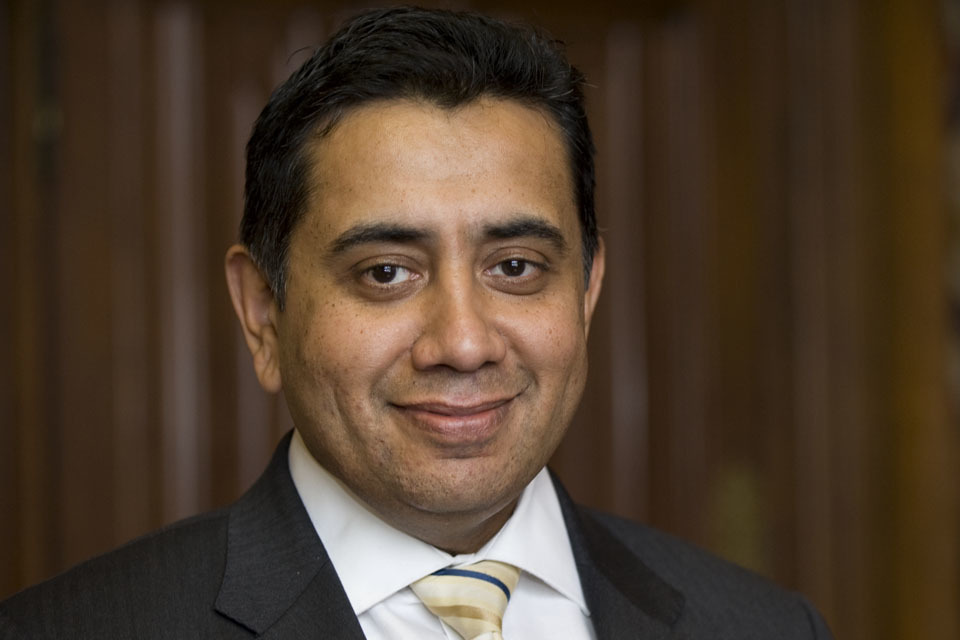Lord Ahmad of Wimbledon statement to the OSCE on corruption
Delivered by Minister Ahmad at the "Good Governance and the Fight against Corruption in the Digital Era" OSCE conference.

Thank you, Ambassador. Corruption is a cancer. It eats away at the mutual benefits of trade and investment. It fuels conflicts, and it corrodes efforts to bridge the gap between the rich and the poor.
It acts as a highwayman, extracting an estimated 5% of everything produced globally. In doing so, it deprives humanity of more than $2.5 trillion each year; money that we could use to build a better future for all.
So I am grateful to our friends from Albania and the OSCE for bringing us together to build on the work we are doing to rid us of the cancer of corruption.
Corruption looks upon COVID-19 as a partner in crime. It sees that healthcare spending has rocketed, and it knows that procurement done at breakneck speed is fertile ground for bribery, embezzlement, fraud and money laundering.
Prior to the COVID-19 crisis, Transparency International estimated that corruption bleeds $500 billion from global healthcare systems each year. That equates to one in every 15 dollars spent on healthcare worldwide. Without a doubt, these figures will only increase as a result of COVID-19.
Transparency is vital, if we as governments are to optimise our healthcare response to COVID-19, and our economic recovery to the slowdown it has caused.
Transparency around planning, budgets, procurement and beneficial ownership is essential for good decision-making; and vital if parliaments and civil society are to be able to hold governments to account for the decisions they take.
World Bank and UNODC research shows that over 70% of the biggest corruption cases over the last 30 years have involved anonymous companies. So only by knowing who actually benefits from owning and controlling companies can we hold them to account and properly investigate wrongdoing.
No country is immune from corruption, including my own. That is why the UK government is determined to root it out.
We were, for example, the first country in the G20 to implement a central public register of company beneficial ownership. Our register is free to access and includes over 4.6 million names.
We have also funded the Open Ownership Global Register of Beneficial Ownership, which now has almost 23 million entries, and is publicly accessible from anywhere in the world.
New technologies have opened up new opportunities for the corrupt, but they have also transformed our ability to fight back.
In the UK, we use technology to track and disrupt financial crimes, and we have also used it to increase the transparency of our public procurement. Government is more accountable than ever before.
We have also built partnerships between our Government Digital Service and national and state governments in five emerging economies to help them transform their public procurement systems.
Fighting corruption is a crucial part of the rules based international system. The UN Convention against Corruption, the Group of States Against Corruption and the OECD Anti-Bribery Convention offer roadmaps towards a society free of corruption that all countries should seek to implement fully, if they are truly committed to working in the best interests of all their people.
To conclude. As the speed and complexity of financial transactions increases, our response must be fit to meet the challenge.
The cancer of corruption affects us all, so a global and a concerted effort is required to defeat it.
The OSCE has a crucial role to play. We must continue to work together, and with civil society and academics, in order to stop corrupt leaders, officials and business, from stealing from our people.